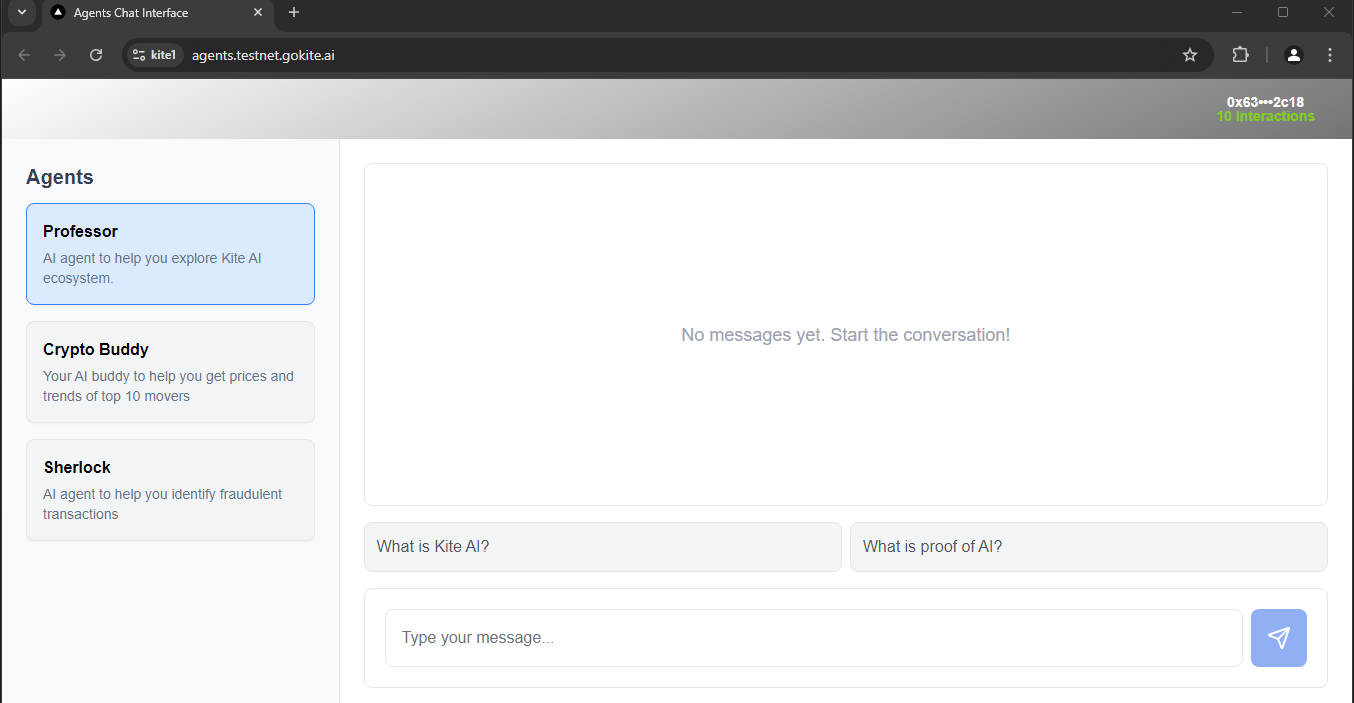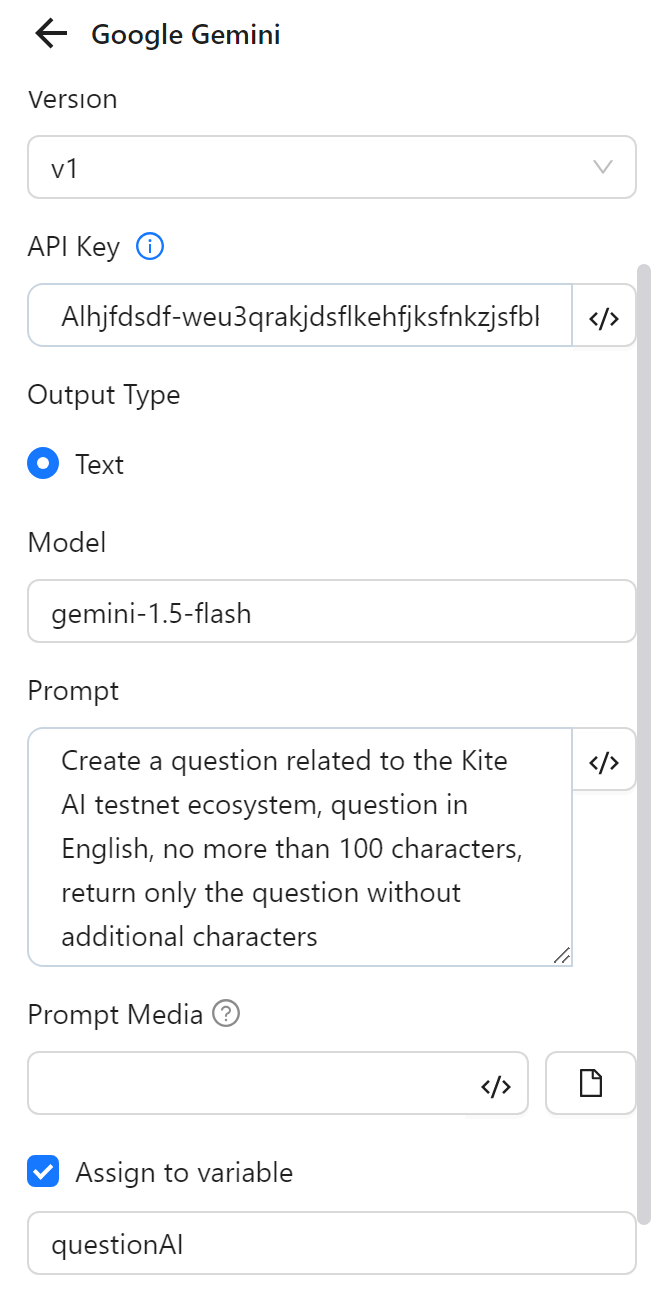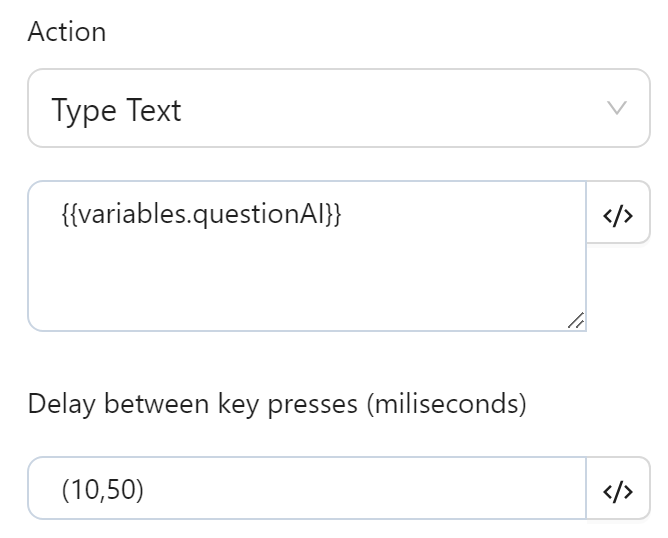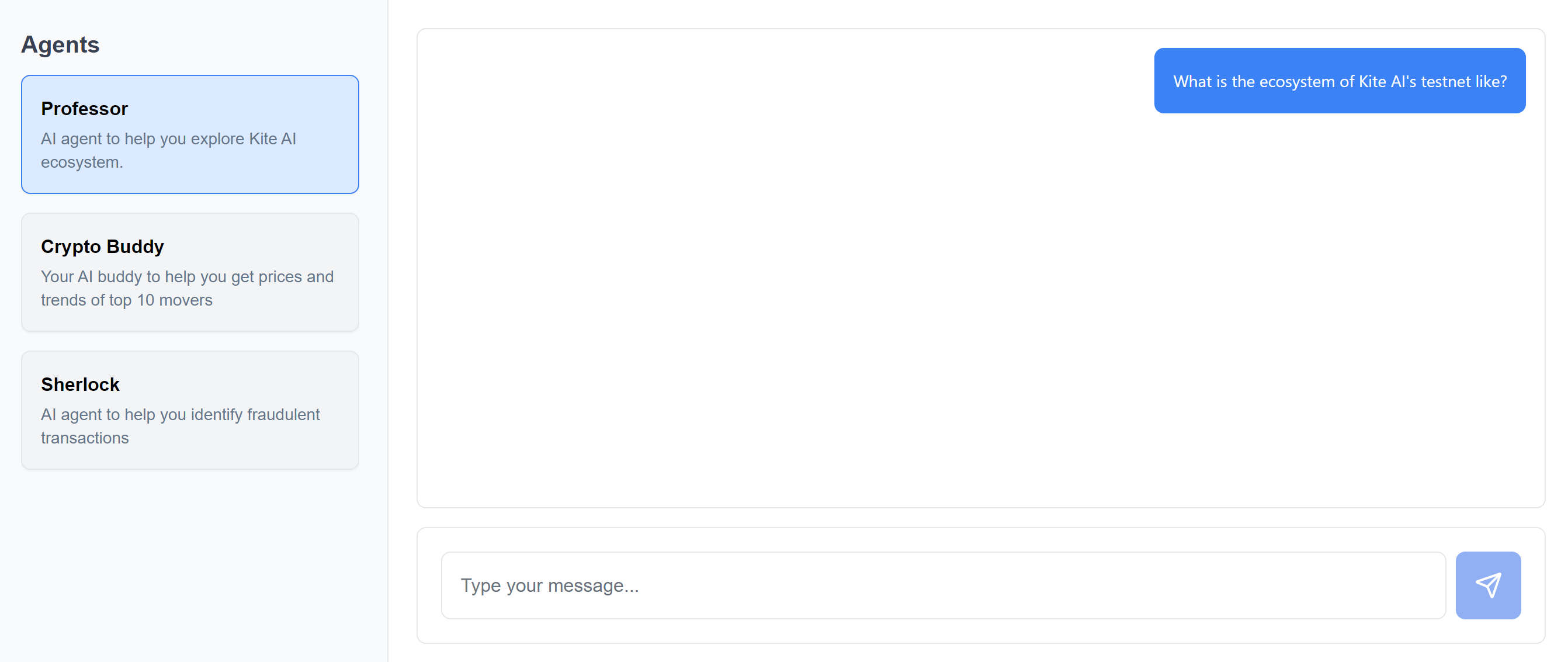Google Gemini
Version
I can choose between version 1 or 1beta to use this node.
API Key
To use this node, I need to enter the API key.
Model
Select the model to fulfill the desired request. In addition to available models, I can add newly released models if they are accessible via the API.
Gemini 1.0 Pro
- A foundational model in Google’s Gemini series.
- Designed for a balance between performance and cost, suitable for various natural language processing tasks such as text generation, translation, summarization, question answering, and programming.
- Capable of understanding and generating complex text with high accuracy.
Gemini 1.0 Pro Vision
- An extended version of Gemini 1.0 Pro, enhanced with the ability to process images and videos (multimodal).
- In addition to the text processing capabilities of 1.0 Pro, this model can analyze images and videos to describe content, answer related questions, and extract information from them.
Gemini 1.5 Pro
- The next generation, marking a significant advancement in processing capabilities.
- Key highlight: An extremely large context window of up to 1 million tokens (equivalent to hundreds of thousands of words or hours of video/audio), enabling seamless processing of lengthy documents, code, or videos.
- Significant improvements in complex reasoning, problem-solving, programming, and multimodal understanding compared to the 1.0 series.
- More efficient in training and serving.
Gemini 1.5 Flash
A lighter and faster version of Gemini 1.5 Pro.
Optimized for speed and cost efficiency while retaining many core capabilities of 1.5 Pro, including a large context window and strong multimodal reasoning.
Ideal for applications requiring low latency and high throughput, such as quick summarization, chatbot applications, image/video captioning, and extracting data from long documents.
Summary:
- 1.0 Pro: Versatile, balanced model.
- 1.0 Pro Vision: Like 1.0 Pro but adds image/video understanding.
- 1.5 Pro: Most powerful, with a massive context window and advanced task handling.
- 1.5 Flash: Fast and efficient, retaining many 1.5 Pro advantages, ideal for speed-critical applications.
Prompt
The question or request to be answered by Gemini.
Prompt Media
An image accompanying the prompt.
Assign to Variable
Assign the output to a Variable.
- Variable Name: Name of the variable to assign the value to. This field appears when I select
Assign to Variable.
Insert into Table
Insert the value into a column in a Table.
- Select Column: The column where the value will be inserted. This field appears when I select
Insert into Table.
Add Extra Row
Insert an additional row into a column in a Table.
Practical Example
For example, I want to ask the AI to generate a question for the Professor AI in the Gokite testnet as follows:

To obtain the API key, I visit this link.
Then, I click the Create API key button. I select a project in my Google account, or create a new one if none exists, then choose an account and click Create API key in existing project to generate the API key.

After creating the Gemini AI node, I enter the API key into the API Key field.
For the Model field, since I want to generate a question, I choose the gemini-1.5-pro model, suitable for question generation.
For the Prompt field, since I want to generate a question for the Professor AI, which helps explore the Kite AI testnet ecosystem, I describe the prompt as: Create a question related to the Kite AI testnet ecosystem. I can also add requirements like question in English, no more than 100 characters, return only the question without additional characters. The prompt is entered as follows:
After running the node, it returns a question. To capture the question, I use a variable or table. For ease of use in the workflow, I assign the question to a variable named questionAI.
The final node configuration looks like this:

After configuration, I run the node, and the AI returns the result in the questionAI variable as follows:

After obtaining the question, I use a Key Press node to input the question, using the expression to retrieve the variable value: {{variables.questionAI}}, and send it to the AI:

The text is then displayed as follows:

Thus, I have successfully used the Gemini AI node to generate a question for the Gokite AI testnet.
